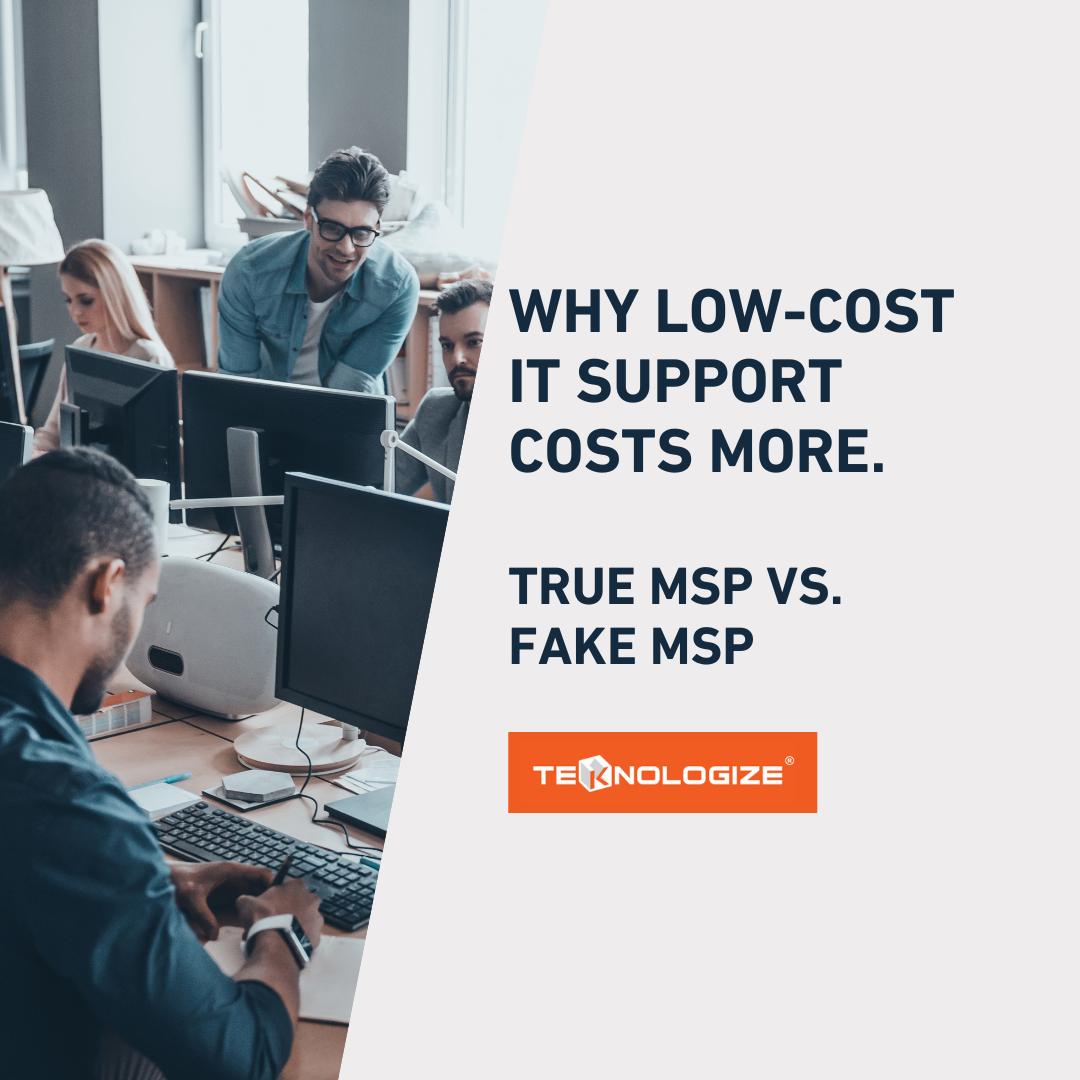Endpoint Detection and Response (EDR): Enabling Secure Growth for Small Businesses
Cybercriminals don’t go after businesses because they’re big.They go after businesses because they’re accessible. According to the IBM Cost of a...

Have you had your password stolen? According to Avast, a company that specializes in anti-virus software and VPN services, over 29 billion passwords have been stolen due to breaches over the past 10 years. Since there are 7.5 billion people on this planet and only 63% have access to a mobile phone with internet, chances are very good that one of your accounts and passwords has been hacked.
It’s not your fault that your account and password were stolen. Companies like Yahoo!, LinkedIn and Facebook have all had breaches that resulted in customer passwords being stolen. Their inadequate security resulted in billions of people needing to change their passwords:
Yahoo! – 3 billion accounts
Adult Friend Finder – 412 million accounts
Under Armour – 150 million accounts
LinkedIn – 117 million accounts
eBay – 145 million accounts
Sony (gaming) – 77 million accounts
Facebook – 50 million accounts
If you’ve used any of the services above, chances are that your password info is for sale on the Dark Web. If you’ve already changed your password, you should not have a problem unless you’re part of the 59% of the population that uses the same password everywhere. If you are, you’re at a terrible risk, and it’s part of the reason why MFA and 2FA were created.
MFA (multi-factor authentication) and 2FA (two-factor authentication) are used to verify that someone is who they say the are by using more than one method (a password). Factors typically used are:
something you know
something you have
something you are
An ATM and PIN is the classic example used for MFA – you can only access your account through the thing you possess (ATM card) and something you know (your personal identification number). Fast-forward to 2020 and we typically use a login and password (the thing you know) plus a thing you have (a phone receiving a text code) or your fingerprint or facial recognition (something you are).
MFA is being adopted by more companies to better protect their customers or users. Besides using a text to authenticate, there are also apps such as Authy or Google Authenticate which generate a Time-based One-Time Password (TOTP) that can be used to authenticate your login, as well as facial recognition which is available in Windows 10. All these options give you better security to protect your accounts.
Unfortunately, MFA only works under one condition – that you turn it on!
Many people don’t like to use it because it adds an additional step and it slows down logging on to a computer or account, so they don’t set it up. But, as anyone will tell you that has personally been hacked, getting your account sorted and your life back takes 100x longer than using MFA and the additional 10 seconds it takes. Make the safe decision and install MFA on your accounts today!
If you’re looking for help with cybersecurity or setting up multifactor authentication you can contact us in the Tri-Cities, Washington at 509-396-6640 or in Bend, Oregon at 541.848.6072.
%20Enabling%20Secure%20Growth%20for%20Small%20Businesses.png)
Cybercriminals don’t go after businesses because they’re big.They go after businesses because they’re accessible. According to the IBM Cost of a...

IT Support Companies Can All Sound the Same, Until You Know What to Look For Business owners all want the same thing from their IT: reliability,...

Many SMBs don’t actually have an IT budget; they have a list of last year’s expenses. Everything goes into one bucket, and next year’s “budget” is...